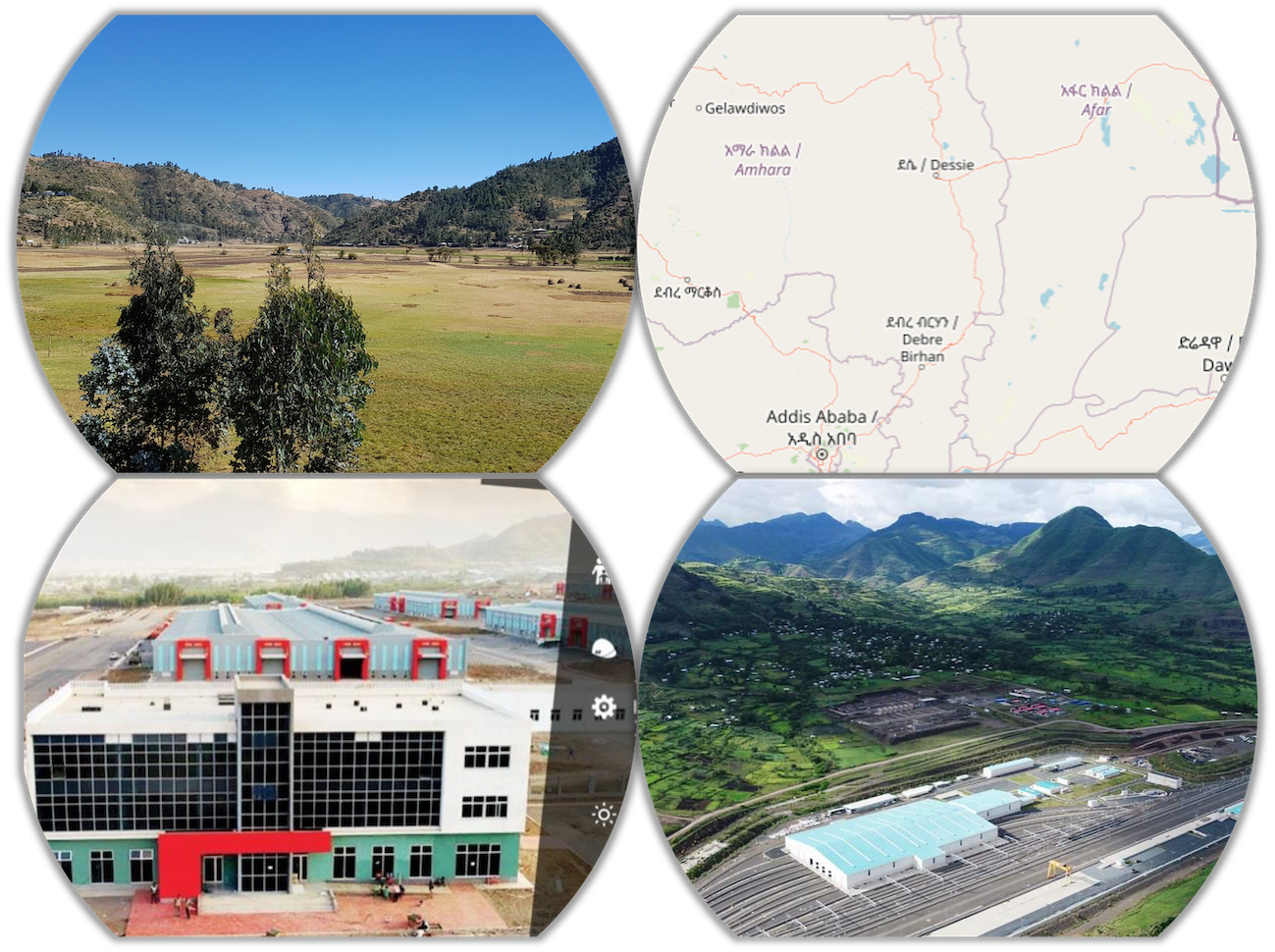Welcome to this Model Exit Exam Demonstration Session
College of Medicine and Health Sciences
Department of comprehensive Nursing
Big data refers to data sets that are too large or complex to deal with by traditional data-processing application software. Big data analytics is, therefore, often a complex process of examining big data to uncover information such as hidden patterns, correlations, data trends, etc., that can enable decision-makers to make informed decisions. As an example, big data can provide farmers with data on rainfall patterns, water cycles, fertilizer requirements, and more. This enables them to make smart decisions, such as what crops to plant for better profitability and when to harvest. The right decisions ultimately improve farm yields. Big data can also enable environmental sustainability by giving the world the opportunity to better understand its demand for food, energy, and water. It can bolster the ability for monitoring environmental change and assessing risk at regional and global scales. This course provides an introduction to the foundations of big data and big data analytics and discusses their applications in agricultural and environmental management. The course introduces big data analytics applications using a local use case.
Overview
This course introduces students in agri-business and related departments to the primary scripting language in Python. The course enables students to understand basic scripting and data processing techniques. At the end of this course, students will be able to write simple scripts to process and understand data related to agri-business applications.
Furthermore, it will be considered a background course to conduct scientific research in the agri-business area. Students also will acquire knowledge that helps them work in agri-business industrial and commercial projects. Students are not required to have prior familiarity with programming, but it will be advantageous to have some basic know-how.
This is a training course to the ICT staff members and teachers of WU.
The training mainly covers:
- For ICT staffs
- Introduction to LMS
- Installation of Moodle
- Configuring and managing Moodle
- Installing Plugins
- For Teachers
- Introduction to Moodle
- Course creation
- Creating different activities in Moodle
The course Modern Agri-Food Business Value Chains is an interdisciplinary one week intensive course on agri-food sectors, value chains, business models, data, budgeting, risk assessment, investment analysis, business processes, and IT systems.
The course uses Dessie and surrounding area as a business context so that the participants will apply the concepts they learned in a practical hands-on manner. The course is divided into eight interrelated modules that are essential in a modern agri-food businesses.The course contains a capstone project in which the participants form teams and develop a business plan for a modern agri-food business of their choice. At the end of each day of training, the participants will complete parts of the business plan.
The business can be about an existing or a fictitious company located in the Dessie-Kombolcha surrounding area. The Dessie-Kombolcha surrounding area is chosen for the business context so that necessary data and contextual information will be accessible to the participants and effective discussions can take place.
